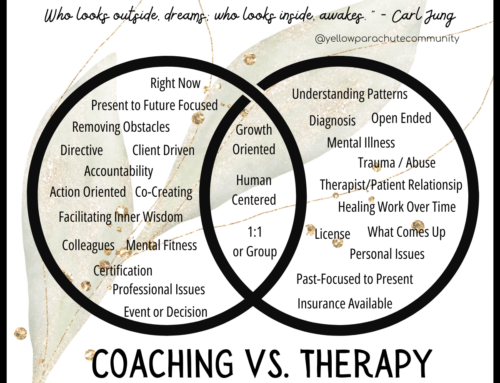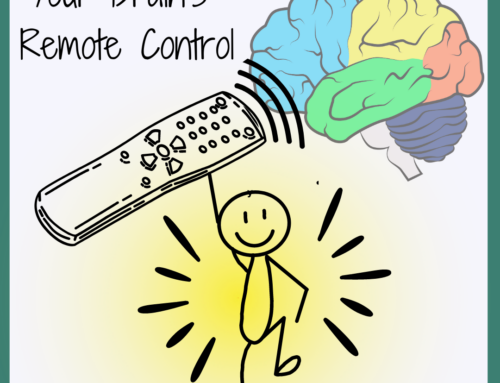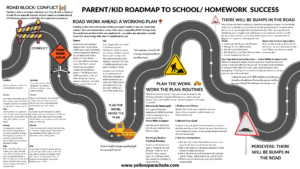It might seem like your kid is a powerful button pusher; your kid is also a powerful problem solver! I hope this story brings you perspective in conquering regret #3 in “Parenting With No Regrets.”
Regret #3: I Held Too Tight to Unrealistic Expectations
“I wish she would just,” “Why can’t he just,” “She knows she should,” “How will he ever,” “Why does this always happen,” – the exasperated thoughts of a parent doing their best.
How often do you set yourself up for parent frustration – and conflict with your kids – by holding too tight to unrealistic expectations? Maybe you feel like your kid is messing with you on purpose? And WOW, can that push your buttons! Have you thought these words before, in relation to your kid?
Lazy, rude, mean, unmotivated, defiant, selfish, unreliable, undisciplined.
How often you use these words in relation to your kid could be preventing you from transforming your parenting mindset.
The 8 words in this list have 3 things in common that limit your parenting abilities and mess with your expectations.
- They attack your kid’s personality: these words suggest a conscious, purposeful decision by your student to do the opposite of what they have been asked to do.
- They pull you into a negative mindset: once you are pulled into a negative mindset, you are more inclined to remain in an “all or nothing” mentality.
- They imply a flaw in character: these words attribute your student’s actions to a flawed personality. As a result, they prevent an opportunity to understand the actions.
At the heart of the matter, the words in this list prevent you from understanding the bigger picture for your student. Maybe your expectations are unrealistic because you don’t understand the root of what’s happening.
Contrast the 8 words in the list with what Ross Greene, Ph.D., child behavior specialist, teaches about kids’ desire to succeed. Greene says that kids do well if they can. He suggests that kids do well if they can — not “when they want to.”
Keeping a positive mindset – staying curious and calm – has the power to transform your kid from a button pusher to a problem solver.
It’s the closest thing yet to a magic wand!
I had the awesome opportunity this week to bear witness to a super-bright, cool senior in high school digging into his behavior to find it’s more a result of “having a hard time,” rather than “giving his mom a hard time.” This perspective helped him set his emotions aside, get curious, and start making a plan that will build success for the remainder of his senior year and into his college and career choices in the future.
Sharing with permission to bring light to the fact that your kids’ behavior is less about stressing you and more about feeling stressed!
Cara: Your mom has expressed her hopes for you to stop and start activities on your own, without needing reminders. Can we talk about that in relation to your Xbox decompression time after school? She knows you need the time, and notices that the rest of the evening goes so much better when you switch from the Xbox to homework on your own. She’s not sure how much transition time is enough vs. too much. She’s trying to give you your space but also wants to know that you have this transition in mind. What can you do to show her you’re thinking about it?
Student: Well, I suppose that’s not really fair to my mom. Because it depends on what kind of day I have, how hard or how easy it is for me. I hadn’t thought about it like this before. Now that I think about my Xbox time and my day, I’m interested to find out more. I want to know how my day affects my need to decompress after school and how easily I stop playing when my time is up. I also want to think of other things I can do after school to set myself up for a good night.
Your kids’ consistent inconsistency getting things done may seem all-too-personal. But, as the conversation above shows, perhaps your child is not giving you a hard time; perhaps your child is having a hard time. Perhaps in the moment of seemingly being defiant — the person is having a hard time with something.
For this student, the conversation we had became an opportunity for him to understand more about his needs to decompress in relation to his school day. He also realized how this might affect his mom. Now he will be able to gather more information about things he can do to help himself succeed and show his mom he is moving toward the independence she hopes for him.
How to replace unrealistic expectations with curiosity?
What would it look like to acknowledge that you are both doing the best with what you know?
Stop and ask:
- What is the obstacle keeping my child from following my instructions at this time?
- Did I give my child explicit instructions? If so, did he refuse to follow them, or is he struggling in some way?
- Am I explaining calmly, or am I agitated?
- Could my child be feeling my frustration and reacting to my emotions or the tone of my voice, rather than my request?
- How can I think of this situation in relation to emotional regulation?
- What are the executive function skills that need support and practice?
Your thoughts — and curiosity — affect your success as a parent. It takes work and practice it to stay in the right mindset. Yellow Parachute is here to help!
You can use the acronym SOUND to help you remember to stay in the present moment rather than judging or moving into negativity. Look back at the interaction between my student and I. Where do you notice the 5 steps?
The most important part is starting.
- Start small, start imperfectly, start by connecting with your kid.
- When the time is right, and you are both feeling calm and optimistic, set aside time to talk about a pattern that bugs you both.
- Share your perspectives with the mindset that you’re on the same side, and transform your kid from a button pusher to problem solver!
Yours in the journey,
Cara








